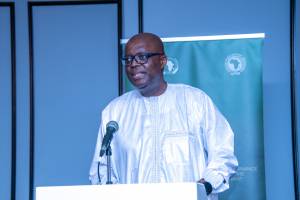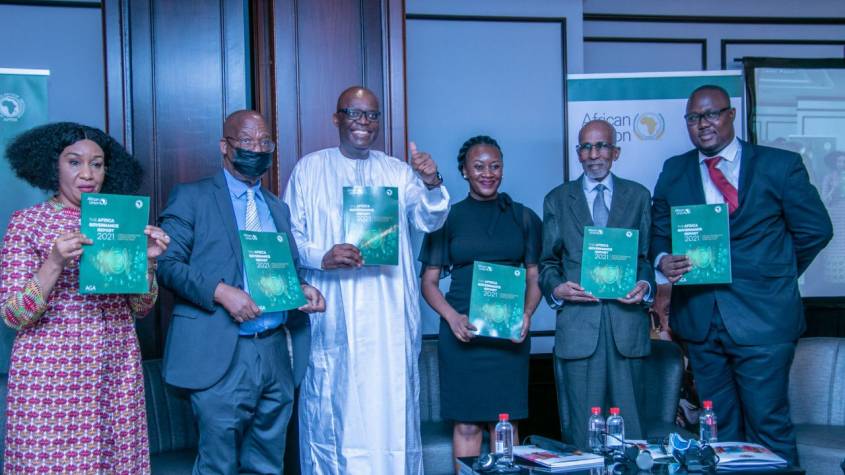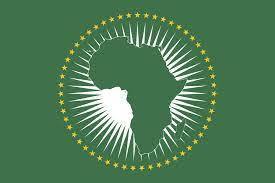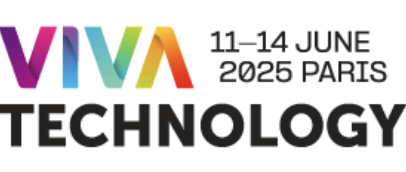OP-ED | Unveiling the 2021 African Governance Futures Scenarios, By Eddy Maloka
The Africa Governance Report (AGR) is a flagship publication of the African Union (AU) on the state of governance in Africa produced biennially by the African Peer Review Mechanism (APRM), in collaboration with other members of the African Governance Platform (AGP).

The AGR is one of the outcomes of the 28th Ordinary Session of the Assembly of Heads of State and Government of the African Union, held 30-31 January 2017, in Addis Ababa, Ethiopia. The ordinary session mandated the APRM to “play a monitoring and evaluation role for the African Union Agenda 2063 and the United Nations Sustainable Development Goals [Agenda 2030].”
In essence, AGR assesses the state of governance in Africa with a view to providing AU Member States with a comprehensive baseline to enhance their governance systems. Although there are already publicly available reports that assess Africa’s state of governance, such reports are largely developed by multilateral institutions and independent think-tanks across the continent and abroad.
It was against this backdrop, the AU Assembly commissioned the AGR, whose outcome is based on expert African research and analysis; one that presents objective, evidence-based, and balanced reviews on the state of African governance towards attaining the continent’s long-term political, socioeconomic and sustainable development visions, in accordance with Agenda 2063: The Africa We Want.
To this end, there is a threefold imperative for the development of an Africa-generated governance report.
First is the necessity for the continent to take control of its own development agenda and accountability mechanisms, as required by the previous decisions of the AU Assembly. Second, the research methodology of AGR benefits considerably from consultations with AU Organs and Institutions, Regional Economic Communities (RECs), and from unfettered access to Member States informants and state-held data. Third, the report is generated by Africans for Africa, enhancing the implementation prospects of its recommendations.
Notably, each edition of the AGR focuses on a select key theme related to governance and aims to highlight best practices in governance for peer sharing; identifies governance constraints and challenges; as well as making recommendations for take-up and enhanced governance by AU Member States.
Published in 2019, the inaugural AGR laid the foundation for future analyses of governance trends on the continent. In specific terms, it highlighted shared values and how they could boost governance, establishing a basis for measurement, analysis, and projection of future trends. The maiden Report was focused on five key thematic areas, namely: transformative leadership; constitutionalism and the rule of law; peace, security and governance (Silencing the Guns); the nexus between development and governance; as well as the role of RECs in African governance.
Building on the first AGR, the second AGR titled African Governance Futures for the Africa We Want, projects a range of scenarios for African governance by 2063. It was produced in 2021 and subsequently adopted by Member States at the 35th Ordinary Session of the Assembly of Heads of State and Government of the AU.
The scenarios envision varied possible futures for African governance – from best to worst case prospects, including opportunities, risks, blind spots and potential surprise outcomes. The idea behind the scenarios is to offer a long-term planning, policymaking and implementation guide for mobilising collective action towards achieving a preferred future of African governance.
The first scenario, titled The Baseline scenario, projects an ‘Africa united’. It assumes that by 2063, the continent has achieved Agenda 2063 aspirations with the exception of key aspects, namely; gender equity, environmental disaster risks and improved access to digital capabilities for Africa’s populations. Key features of the Baseline scenario are a politically and economically integrated continent including diaspora communities, in addition to a well-connected population that is efficiently governed. The supposition is that the continent proves resilient against a number of challenges including pandemics and climate change.
AGR 2021’s second scenario is tagged The Utopia scenario, which envisions the attainment of Agenda 2063 aspirations and a thriving continent that enjoys citizen-driven e-governance. It projects that African populations are educated, healthy, and formidable competitors on the global stage, just as the continent has achieved democratic, sustainable economies and thriving societies that are crime and conflict free.
This scenario envisions a continuation of current governance, economic and social systems and structures, with some modifications due to digital capabilities and regional unification. A major assumption of this scenario is the popularity of digitally enhanced health, including integration between AI and humans. Accordingly, the journey towards building a thriving Africa will be premised on developing the Fourth Industrial Revolution (4IR) capabilities and applying digitisation to improve governance and general well-being.
The third scenario, christened Dystopia or “Africa defeated scenario”, postulates the dissolution of the African Union and the collapse of economic, health, education and social systems on the continent. This is in addition to widespread conflict, poverty and hunger as a result of poor leadership and governance across the continent. As a result of Africa’s incapacity to self-govern, decision-making authorities, policy management and governance of the continent have been taken over by non-African actors and international institutions.
The assumptions in this worst-case scenario are that Africa’s conflicts are unmitigated while necessary institutional checks and balances to promote better decision-making and allow for balanced governance have failed.
Space travel to Mars is the main feature of the fifth and final scenario, labelled Surprise or ‘Lift off’ scenario. Having achieved UNSDGs and Agenda 2063 aspirations ahead of time, the continent expands its vision towards 2100. This scenario projects a period of self-reliance that allows Africa to consolidate capacities and nurture talents. Also assumed is continued drastic natural environmental and climate change shifts, with the earth’s regenerative capabilities compromised.
A crucial projection of a surprising future is high levels of trust between African leadership and citizens – a renewed and widely endorsed social contract between the duo; one that represents and respects the will and vision of Africans to realise the ‘Africa We Want’ and, accordingly, mobilise towards that vision with the required urgency and efficiency. Advancement in Science, Technology and Innovation (STI) is identified as a crucial step to realise the ‘Lift-Off’ scenario.
While these varied scenarios envision diverse futures for Africa, the aim of the scenarios is to guide decision-makers and diverse actors in Africa’s governance space to better anticipate possibilities, avoid risks and challenges to good governance, and accordingly strategically align and promote positive advancements and developments – towards collective benefits for the AU, RECs, Member States and their constituencies.
Thus, each scenario describes a possible African governance future, and the steps and events that may lead to best, worst or surprise case outcomes. The scenario stories are neither exhaustive nor final, yet they offer a glimpse of plausible African governance futures, highlighting areas where critical policy decisions and actions may be required.
At Member State level, the objectives of AGR 2021 African governance futures scenarios are to give impetus to and support take-up of AGR 2019 recommendations; promote formulation and implementation of the AU Agenda 2063’s ten-year implementation plans, aligning regional and national priorities.
This is in addition to providing a template for the development of national governance futures reports and country-level scenarios aligned to Agenda 2063, and linked to national development strategies and plans of action; as well as offering a creative tool for multi-stakeholder engagement, decision-making and mobilising actions towards realising optimal futures of good governance for Africa.
The AGR remains one of the AU’s flagship reports representing African expertise and voices in promoting good governance on the continent and supporting Member States in the implementation of Agenda 2063. Against the backdrop of the resurgence of unconstitutional changes of government in Africa, the next edition of the Africa Governance Report (AGR2023) will focus on the theme of unconstitutional changes of government in Africa.
Prof Eddy Maloka is the CEO of the African Peer Review Mechanism (APRM). You can download a copy of the Africa Governance Report 2021 (AGR2021) here.













